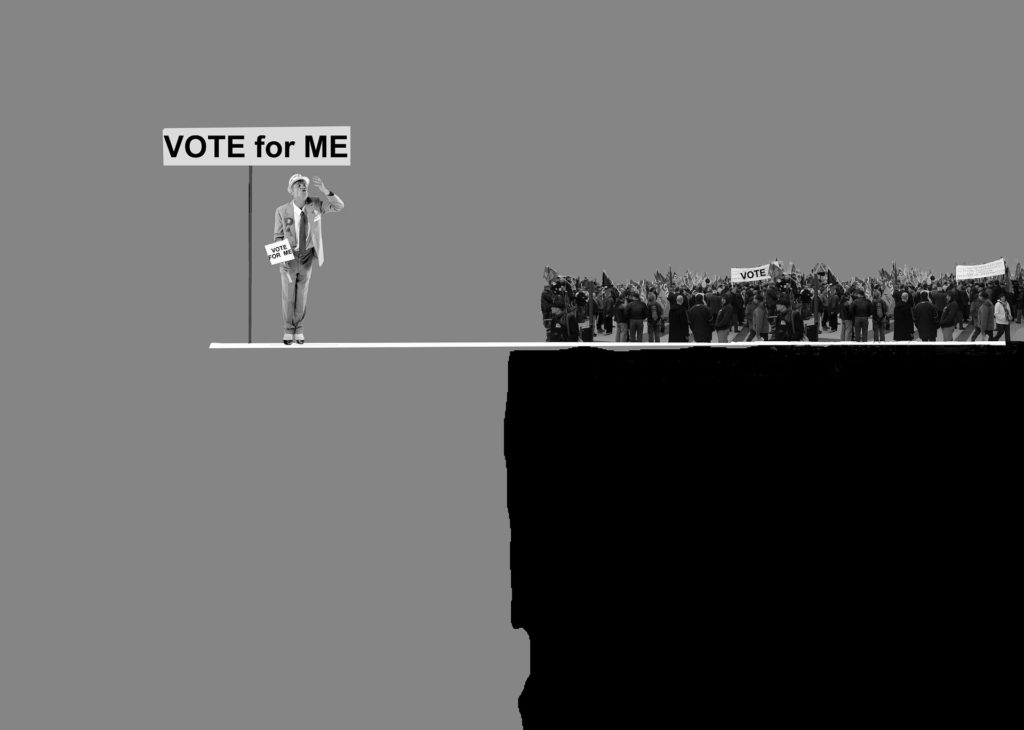New research by Birkbeck’s Dr Benedetta Crisafulli and co-authors Dr Paolo Antonetti and Professor Stan Maklan adds insight to the relationship between company failure, CSR and customer response.

Picture the scene: you’re at a restaurant and your order is taking longer than expected to arrive. The waiter has been steadfastly ignoring your gaze since you sat down and when you finally do manage to flag him down, he is rude and unapologetic.
How would you respond?
Anger, frustration and a desire to tell your friends never to dine in that restaurant are all common responses. At the same time, you might feel a desire for reconciliation – to receive an apology and be offered a discount on your bill.
Would your reaction be different if you knew the restaurant was committed to Corporate Social Responsibility (CSR)? Would the fact that the restaurant is a morally responsible business excuse them from your harshest criticism?
This is the question that researchers from Birkbeck’s Department of Management, NEOMA Business School and Cranfield University sought to answer in their latest study on the relationship between company failures, CSR and consumer response.
CSR and consumer behaviour: what we know so far
Prior research suggests that CSR acts as a reservoir of goodwill that companies can draw on following a crisis. If we believe that a company is caring and well-intentioned, we are more willing to give it the benefit of the doubt in the event of a brand failure such as poor product performance.
However, existing evidence from research is less clear on whether CSR does indeed mitigate the negative impact of failed service delivery.
How does CSR impact consumer reactions to failed service delivery?
The results from an online experiment showed that the nature of the failed service is key in determining consumer response:
- when competence-based, CSR is an effective service recovery strategy
- when integrity-based, CSR is unable to inoculate the negative effect of poor service performance
In the case of a competence failure, a company’s CSR generated impressions of warmth , which softened the negative impact of the failure.
In the case of an integrity failure, the service failure contradicted the impression of warmth conveyed by CSR; as a result, CSR fails to save the company from consumers’ retaliation.
Does a consumer’s relationship with a company matter?
Of course, not all consumers are alike. The researchers found that the nature of the relationship between consumer and company has an impact on consumer response to CSR.
Consumers with high communal orientation, that is those who are concerned for others’ interests and benefits and value a company that is caring are less likely to feel betrayed by the company and CSR would reinforce the positive relationship. A less positive effect would be felt for consumers with an exchange orientation, who are concerned about individual gains from the relationship.
What does this mean for managers?
For managers looking to mitigate the impact of service failures, it is essential to monitor the types of service failures in their organisation to assess the likely impact of CSR initiatives.
When it comes to communicating CSR activities, firms are advised to focus on communicating the altruistic objectives of their CSR initiatives.
In the event of a competence failure, CSR can buffer negative effects, Explanations and apologies should focus on reassuring customers that the company did not intentionally cause the failure.
It would also be helpful for companies to capture consumers’ level of communal orientation as part of their market research and to target CSR messaging to the segments aspiring to a communal relationship.


